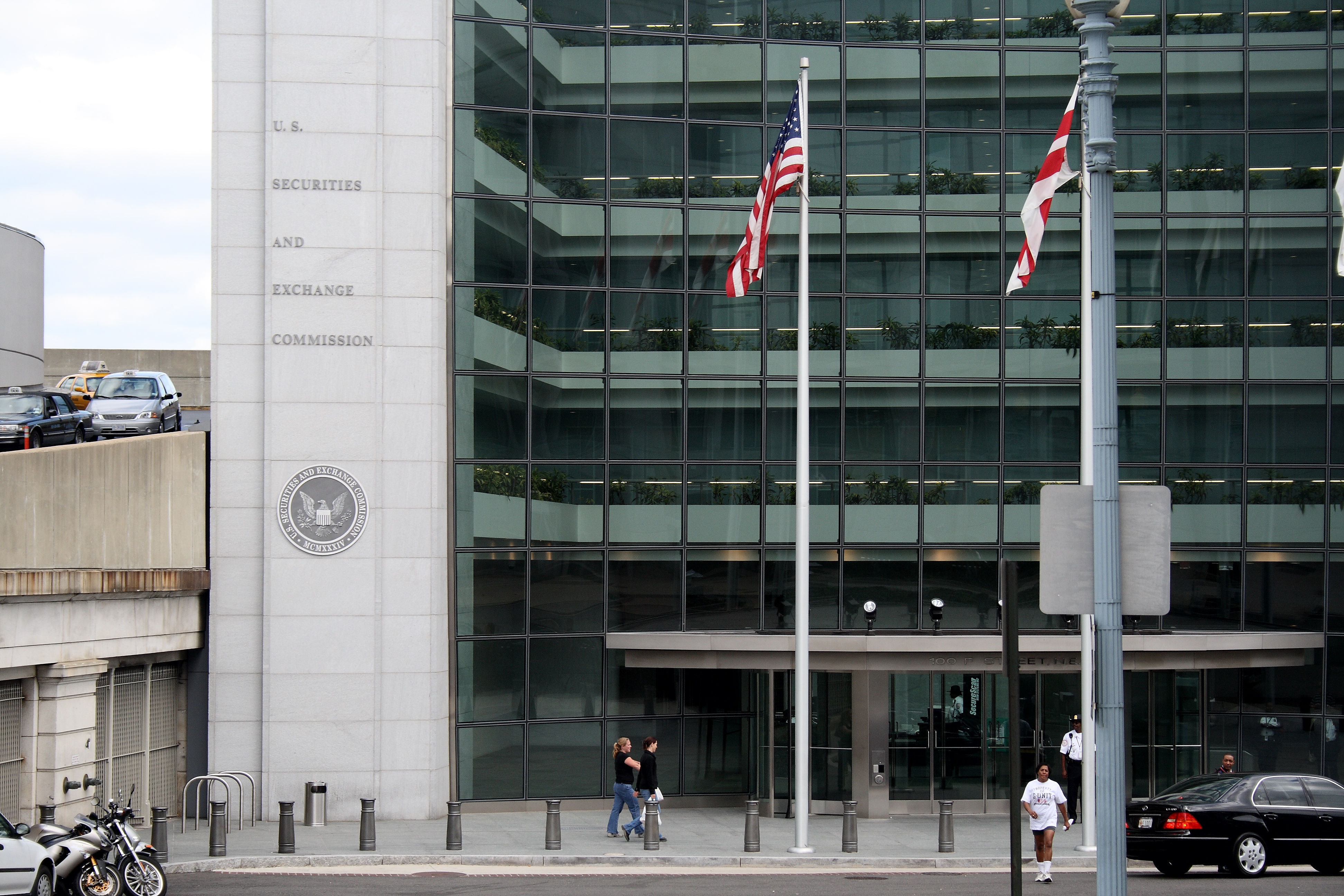The next generation of ICOs will actually have to follow the rules

The Wild West days are over. That was the unmistakable warning the US Securities and Exchange Commission gave to investors and cryptocurrency exchanges in a statement on initial coin offerings earlier this month. What comes next depends on how regulators decide to categorize different kinds of crypto-tokens. But a handful of startups aren’t waiting around; instead they are trying to exploit existing crowdfunding rules to reinvent the ICO so it can comply with financial regulations.
This piece first appeared in our new twice-weekly newsletter Chain Letter, which covers the world of blockchain and cryptocurrencies. Sign up here—it’s free!
Version 1.0: Entrepreneurs have raised around $10 billion since the beginning of 2017 via ICOs, which involve minting digital “tokens” and selling them to investors. Many of these entrepreneurs say what they are hawking is not a security, or a traditional investment like a stock or bond, but something more like an arcade token that gives access to blockchain-based goods and services. Typically, however, buyers are simply betting that their tokens’ value will rise, and that they will be able to profit by selling them on online trading platforms. (What the hell is an ICO? ← Here’s a primer.)
Upgrade needed: The problem is that although no ICOs have yet registered with the SEC, most if not all have “key hallmarks of securities,” chair Jay Clayton told (pdf) the Senate Banking Committee last month. For example, he said, many ICOs are marketed as having the potential to generate profit for investors “based on the efforts of others,” and marketers often lead investors to believe they can profit by selling their tokens on secondary exchanges. This month’s warning went further, stating that platforms that offer trading or other services involving ICO tokens without SEC clearance are breaking the law. That has led commentators to declare “ICO 1.0” dead, at least in the US.
Tokenized securities: The market must now rapidly adjust to the “new paradigm” of ICO regulation, says Aaron Kaplan, a securities lawyer and chief operating officer of Prometheum. His company is developing a “fully compliant” platform for issuing and trading “tokenized securities.” To be compliant, a platform must first be certified by the SEC as a so-called “alternative trading system.”
Prometheum is not alone in its goal. tZero, a subsidiary of Overstock.com, and Templum are pursuing their own alternative trading systems for compliant crypto-assets. Another company, Harbor, has developed a new type of token that automatically performs a set of compliance checks before allowing itself to be traded. Others are pursuing similar approaches.
Traditionally, private securities have been difficult or impossible to trade in secondary markets; that is, they’re much more “illiquid” than other assets, like public stock shares, says Stephen McKeon, a professor of finance at the University of Oregon’s business school. Blockchains can make assets like private shares in a startup or real estate investment trust more liquid, he says, which could make this fund-raising approach a lot more popular. (McKeon is a paid advisor to Harbor.)
Crowdfunding with crypto: Each company named above hopes to take advantage of crowdfunding rules that stem from the Jumpstart Our Business Startup Act, which Barack Obama signed in 2012. The law, which made it easier for companies to sell private securities using internet-based crowdfunding, is “perfectly designed” for cryptocurrency-based fund-raising, argues Howard Marks, CEO of StartEngine, which helps startups launch crowdfunding campaigns. We already have “great” regulations, he says. “It’s easy, it’s inexpensive, and it works.”
Keep Reading
Most Popular
Large language models can do jaw-dropping things. But nobody knows exactly why.
And that's a problem. Figuring it out is one of the biggest scientific puzzles of our time and a crucial step towards controlling more powerful future models.
How scientists traced a mysterious covid case back to six toilets
When wastewater surveillance turns into a hunt for a single infected individual, the ethics get tricky.
The problem with plug-in hybrids? Their drivers.
Plug-in hybrids are often sold as a transition to EVs, but new data from Europe shows we’re still underestimating the emissions they produce.
Stay connected
Get the latest updates from
MIT Technology Review
Discover special offers, top stories, upcoming events, and more.